Chen Shu Leads Open Class on Film Acting, Deconstructing the Spatiotemporal Dimensions of Performing Arts
On April 22, 2025, during the Film Acting Open Class at the 15th Beijing International Film Festival (BJIFF), renowned actress Chen Shu delivered an in-depth discussion on the art of performance, themed “Into the Role: The Expansive Dimensions of Acting”. This event was not merely a performance-sharing session but a philosophical reflection on the ontology of acting by a contemporary actor.
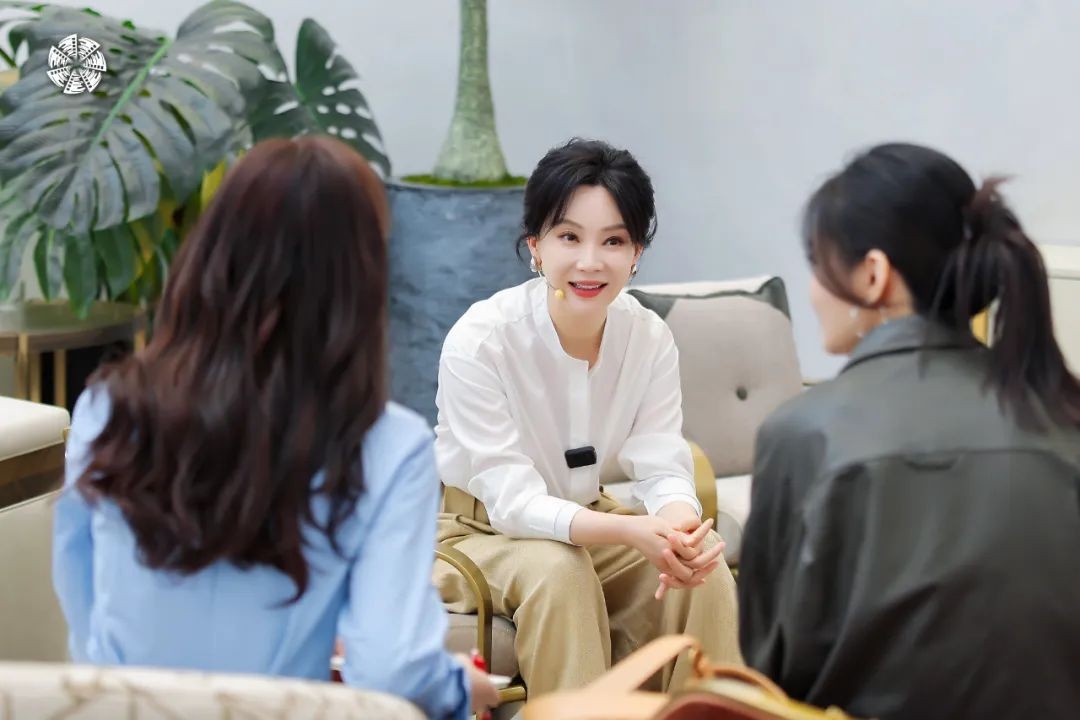
Chen Shu
Act I: The Medium Is the Performance
Before the lecture began, Chen Shu emphasized the importance of space, particularly how everyone should be aware of the space they occupy. She encouraged everyone to sense the dimensions - size and height - of the space they were currently in. In such a setting, everyone's eyes function like a fixed-focus lens. Whether one is giving a lecture or performing on stage, the extent of one's performance must suit the spatial needs of the scene being presented.
Many audience members first learned and admired Chen Shu through Plot Against, where she played the lively female scientist Huang Yiyi. In revisiting this role, Chen spoke specifically about space, noting that her scenes with Liu Yunlong demonstrated how the space between people reveals their relationships. She said, “We cannot ignore a very important theme in all performances - there is a spatial sense to the distance between people. It marks our relationship and reflects our emotions at that moment.”
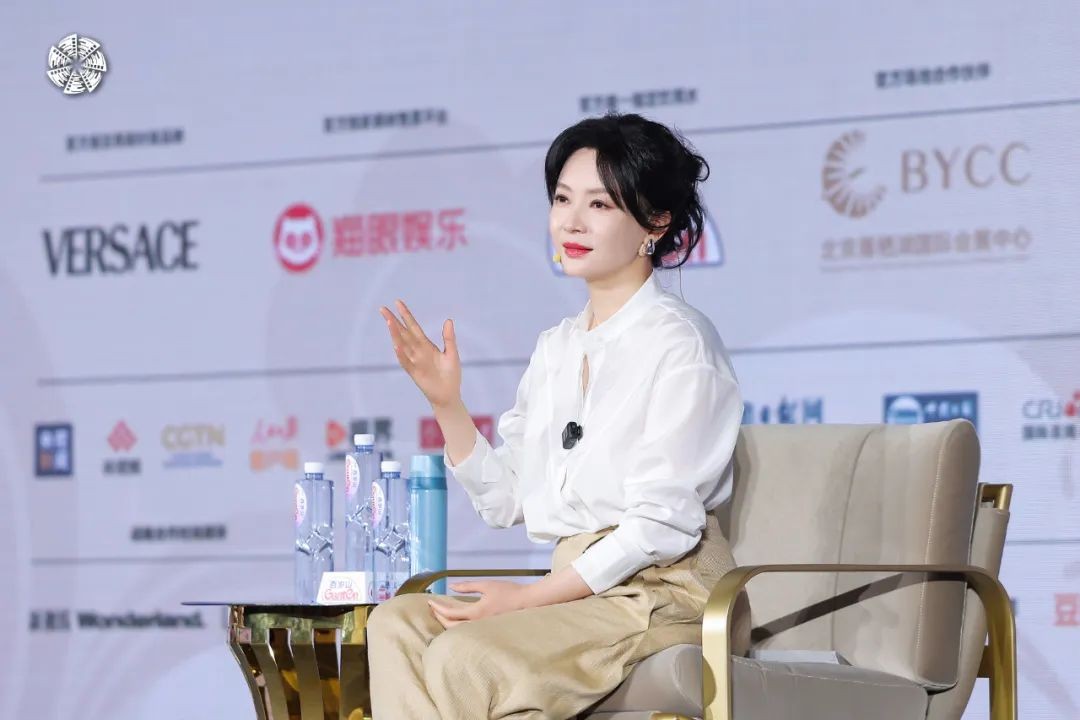
Chen Shu at the Film Acting Open Class event
From space, one can sense the range of a performance and also convey subtle emotions and transitions. Plot Against is a miniseries with cinematic qualities. Chen Shu specifically explained one of the filmic performance segments: a scene where she and Liu Yunlong engage in a silent duel using abacuses. Although their hands were moving the beads, the real confrontation was emotional, concentrated entirely in their eyes.
Peace Hotel is stylistically very different from Plot Against, but they share a common thread: the relationship between space and performance. Set mainly indoors, the story unfolds within a place called “Peace Hotel.” Many viewers felt it resembled a game of Mafia (Werewolf), as everyone seemed to be lying.
“I'm still talking about space,” Chen Shu said. “I'm very sensitive to spatial perception. I often want to visit the actual filming location ahead of time to feel the space where I'll be performing. I need to know where I'll stand, what kind of scene I'm going to do, and how that space might limit or demand certain performance subtleties.” Peace Hotel was shot entirely on a constructed set - a fictional yet real environment - which, to Chen, provided her with a freedom to act and think independently beyond the director's vision.
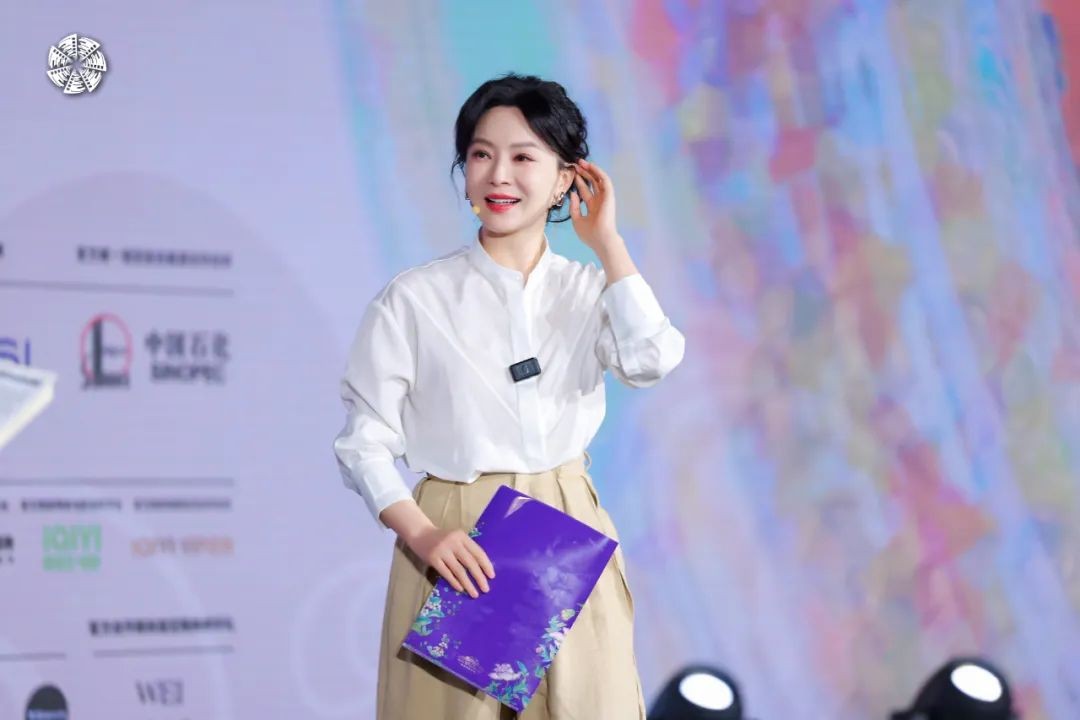
Chen Shu at the Film Acting Open Class event
She also mentioned past roles where she often portrayed the archetype of a "Republican-era beauty," and noted how costume and styling aid in performance: “If I left people with the impression that I'm good at playing women in Cheongsams, it's first because the qipao shapes your body posture. After wearing it, the way you walk, stand, or even sit becomes different from how you normally would. The character naturally emerges.” She believes that the qipao constrains one's posture, and only by maintaining good posture can one deliver a good performance.
Imperfect Victim presented a considerable challenge for Chen Shu. She described the character by saying, “If we use labels like a mere ambitious schemer or virtuous wife to define Xin Lu, it would be far too simplistic. Her tactics stem from helplessness, and beneath her toughness lies softness. In order to portray her current struggles and decisions, I had to construct an extensive backstory beneath the tip of the iceberg.”
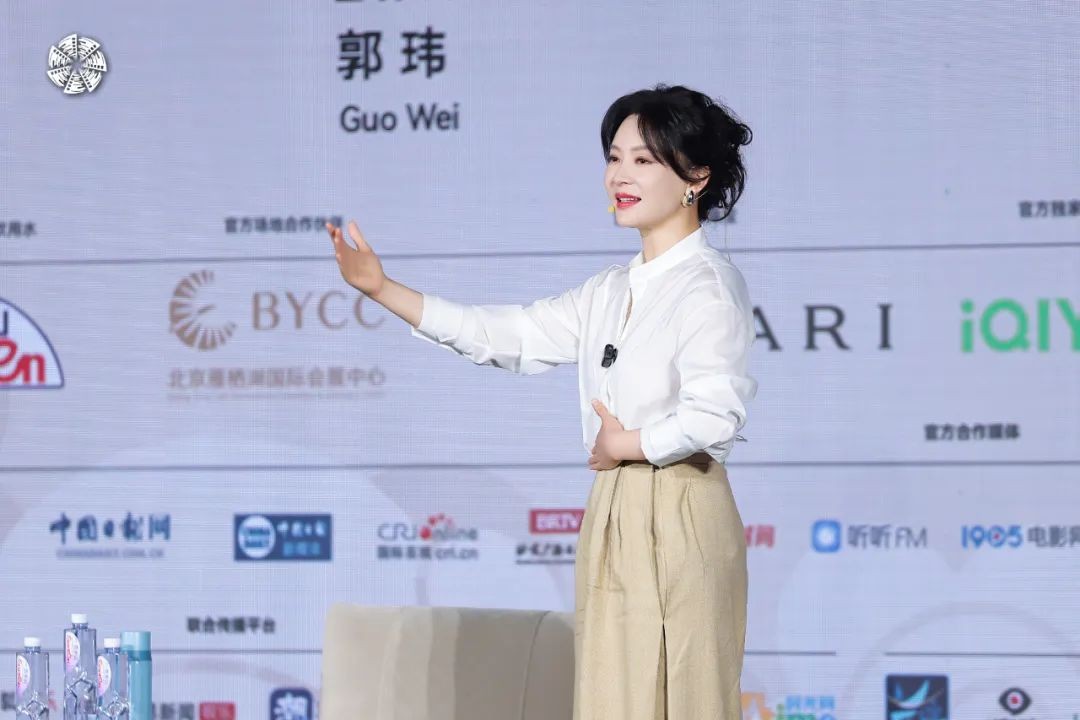
Chen Shu at the Film Acting Open Class event
She believes this character is deeply layered, and her decision to take on the role came from a place of goodwill. In her view, dialogue is a crucial means in today's world for eliminating differences and misunderstandings. All conflicts arise from differences in understanding. The appearance of Xin Lu provides an opportunity for individuals from this particular social stratum to be interpreted in a more positive light. Chen Shu hopes to fairly present a character - within a complex environment of cognitive disparity - who can be accepted by a broader audience and who carries a sense of positive meaning.
Act II: The Gaze of the Silver Screen
Film and television represent different spaces for performance. Upon entering the realm of cinema, Chen Shu found that she could exert her strength through subtler expressions, allowing her charm to be fully revealed on the big screen.
In Hunt Town, the scene where she fires a gun is highly cinematic and visually striking. However, as she shared during the lecture, the execution of that scene was not as effortlessly cool as it might appear on screen.
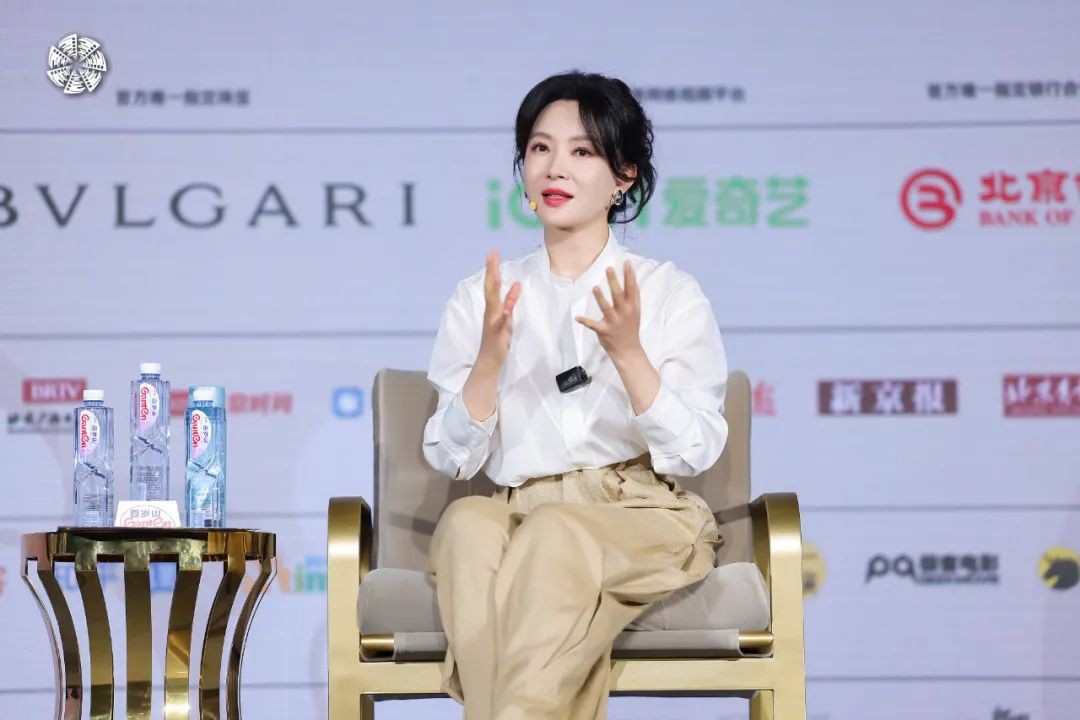
Chen Shu at the Film Acting Open Class event
She said, “The gun gave the character some room to unfold, but it also imposed certain limitations - at least for me, it did. When I first envisioned how to play this role, I had some ideas that proved impractical while practicing and experiencing real shooting. Because the gun is heavy, and when the butt rests against your shoulder, the recoil is quite strong. Although we weren't using live ammunition on set, it was still a real gun, so all the force was genuinely hitting my shoulder. But I felt that if I could hold the gun with confidence - and considering that the character is a former shooting athlete—the upper body posture needed to reflect that distinction.”
Through the filming experience, she realized that acting for cinema requires a different coordination with the camera than television does. Very often, actors must respond to the unique characteristics of a film, the specific plot developments involving their character, the movement of the camera, and the emotional tone, rhythm, and subtle tension that the director wants to convey in a given scene. All of this requires a close collaboration between actor and camera - a highly synchronized style of performance.
Chen Shu embraces these differences with openness, completing her performance within the distinctions between forms. “Of course, I think film is a medium with a rich diversity of genres. There are many types of movies we can see in theaters, and different genres demand different things from actors. So not every film actor is necessarily suited for every film genre.”
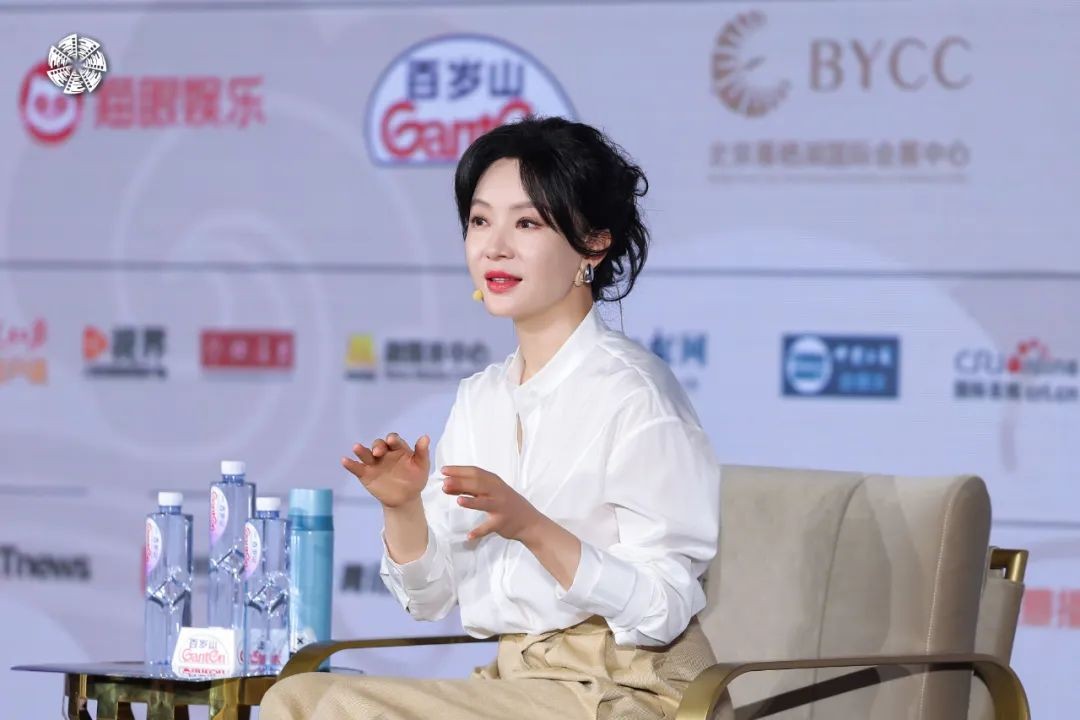
Chen Shu at the Film Acting Open Class event
Another representative film work of hers is Cloudy Mountain, in which her character is completely different from the one in Hunt Town. By studying the genre, understanding the character, and sensing the space the character inhabits, she was better able to enter the appropriate state for the performance.
Cloudy Mountain is a rare disaster film in the Chinese-language film market, and within this genre, it is also uncommon to find such a tough female character. She sees a particular strength in this role: “I really admire women who, in the professional world, put gender second and competence first. That kind of focus makes a person truly radiant.” Watching how her character confronts the disaster, and the pressure faced by colleagues and workers in various roles - as well as the burdens her character herself must bear - Chen felt that there was a unique inner strength radiating outward from this woman. In this performance, she genuinely felt the space to let the character unfold.
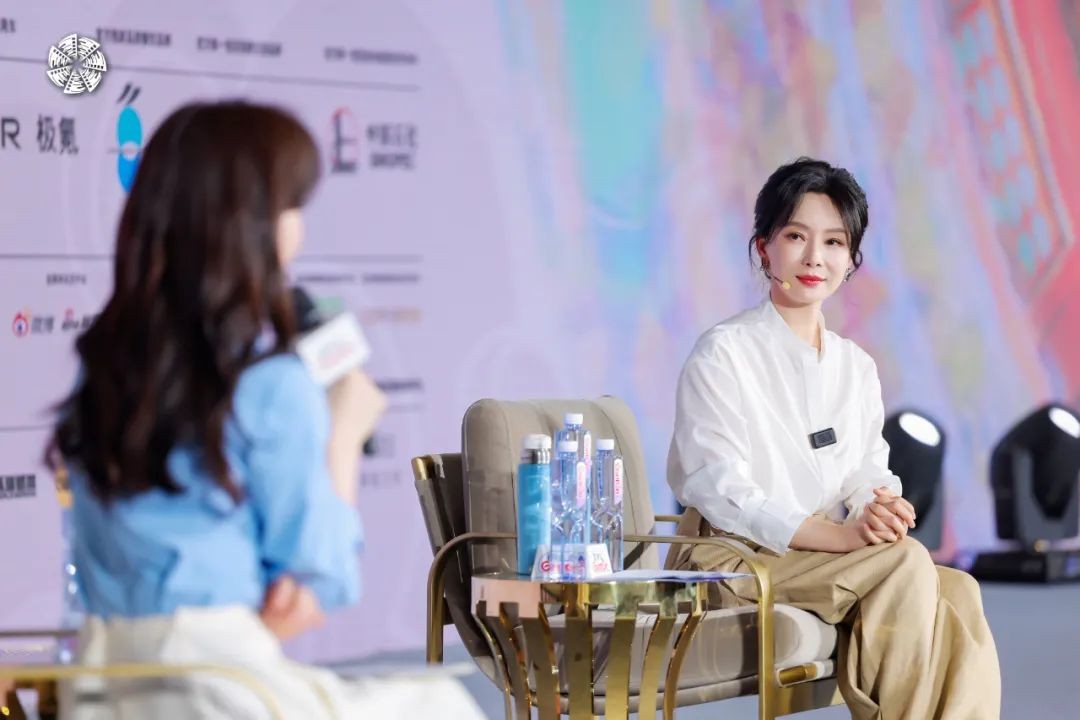
Chen Shu at the Film Acting Open Class event
Act III: The Magic of Presence
As an actress who moves seamlessly between stage and screen, how does Chen Shu distinguish between the different forms of performance?
The stage is a constant, physical entity. Whether it's changes in set design or actor movement, the actors on stage guide the audience's gaze through their own motion. Once on stage, the performer becomes the most crucial conveyor of the work.
She believes that performing in stage plays is immensely satisfying for actors - not because the stage allows for reckless freedom, but because it is a platform for expressing their most authentic and holistic state as performers. In contrast, when the performance moves from the stage to television or film, the presence of editing becomes a major factor. Editing has a strong influence on how the audience perceives the work, inevitably carrying the subjective intention of the cast & crew.
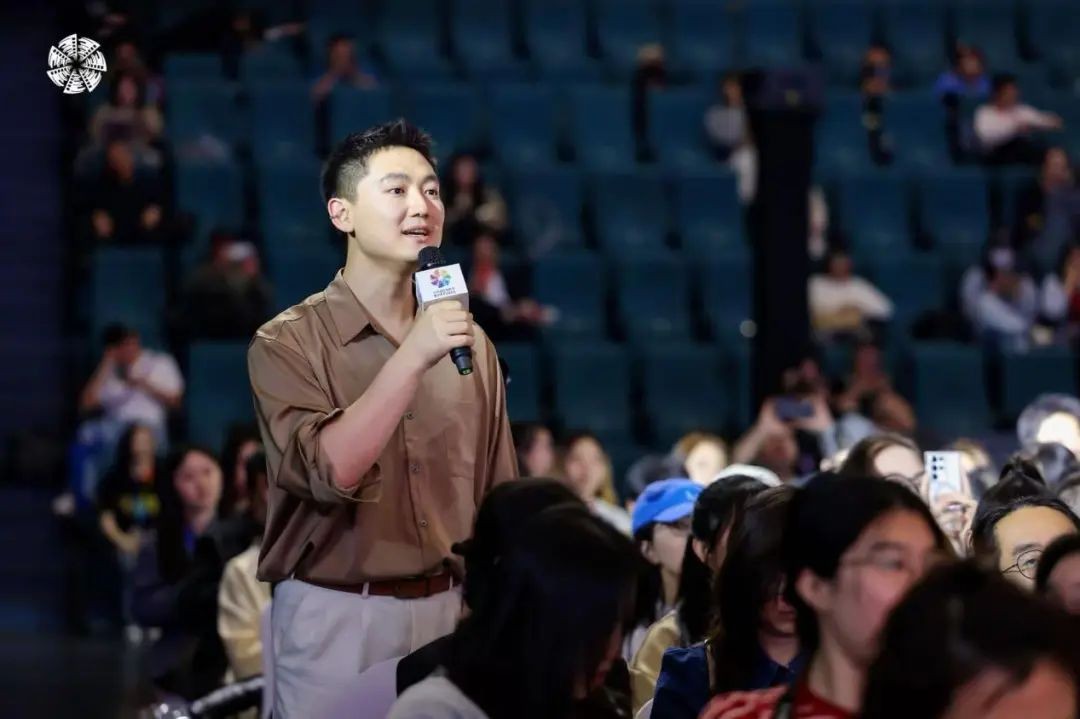
电影表演公开课活动观众提问
When it comes to film and television adaptations, many viewers use a key criterion to judge whether a character fits the original: does the actor physically resemble the character as they imagined, or as portrayed in the comic? In the adaptation process, is appearance more important, or is acting ability more important?
Chen Shu said that whether it's classic anime or classic literature, everyone who has read the original work holds certain expectations for what the character should look like - so she completely understands the importance of visual resemblance. However, she also wanted to highlight a crucial point: the second part of the question could be treated as a separate issue. Is it more important for an actor to look like the character, or to act like the character?
/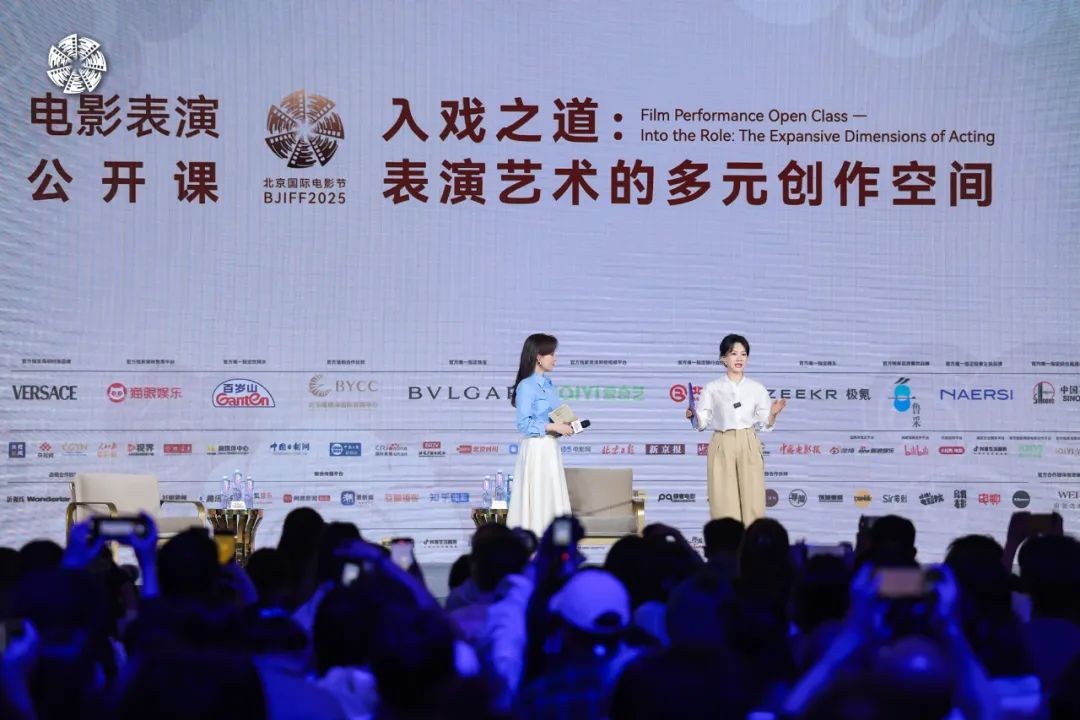

Chen Shu at the Film Acting Open Class event
With a background in dance, she noted that physical proportions must first meet certain standards, followed by years of rigorous training. While appearance matters, it must be integrated with performance to fully embody a character. This question shouldn't be viewed in black-and-white terms; rather, it calls for a nuanced perspective.
In performance, space isn't merely physical - it's a space created by the actor's own creative power. Every actor, and indeed every creator, should find their own space and unleash their talent.
As a graduate of a drama academy, Chen Shu has accumulated practical experience through years of film and television work. From one production to the next, even as a seasoned actor, she is still learning - learning to understand the space of performance, and the precision of performance.
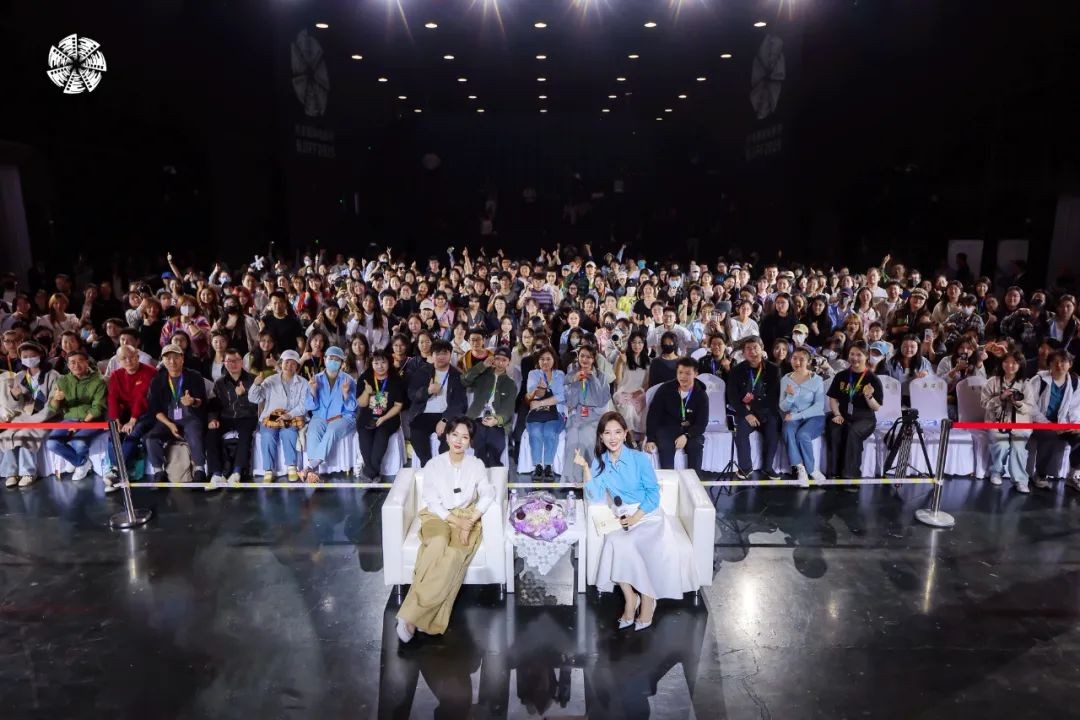
Group photo from Chen Shu's Film Acting Open Class

